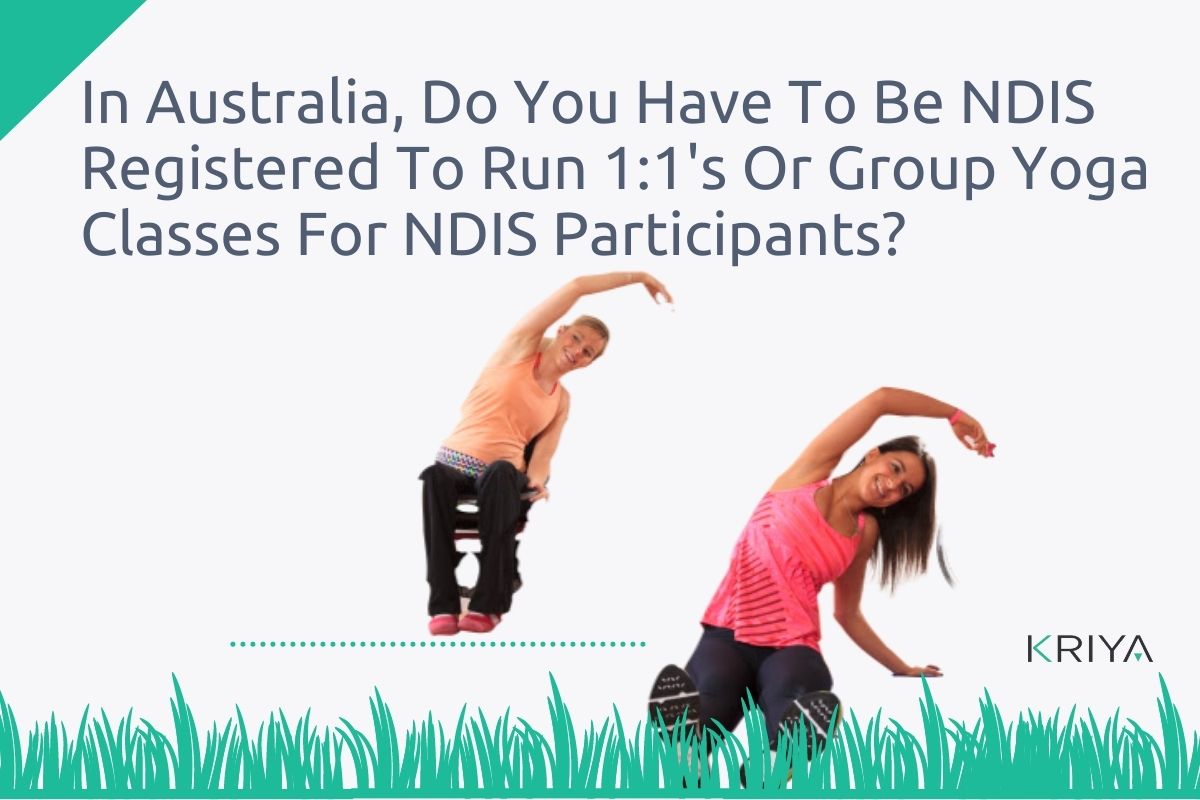
In Australia, Do You Have To Be NDIS Registered To Run 1:1’s Or Group Yoga Classes For NDIS Participants?
NDIS, or the National Disability Insurance Scheme, is Australia’s national Scheme for people with disabilities. It provides funding directly to individuals who are physically or mentally disabled.
Table of Contents
Any individual between 7 and 65 years of age is eligible for NDIS. Now, the question often asked by yoga teachers is whether they have to be registered to run 1:1 or group yoga classes for NDIS participants. The simple and straightforward answer is no; you need not be registered.
On its website, NDIS mentions that Yoga instructors are not included as NDIS-registered professionals who may provide NDIS therapeutic support.
Then what does NDIS support?
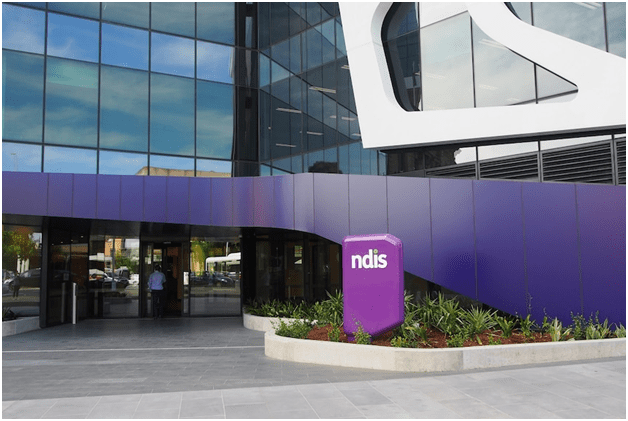
It offers support to students or people with disability who want to do yoga classes.
This means that a participant’s NDIS plan support could be used to help with getting to and from a yoga class (such as public transport training and assistance accessing the community).
Where there are disability-related barriers to taking part in daily life activities and achieving your goals due to the functional impairment related to your disability, then the NDIS may consider support to help you to reach your goals and enjoy participating in a range of activities like others do.
This means that if the yoga classes assist you in reaching your goals of social participation or independence, your NDIS plan may be used to access the additional assistance you may need so you can take part in yoga classes.
Note that the NDIS Australia is unable to fund the cost charged for yoga classes as therapy support or the costs of standard items generally used during yoga activities because they are not disability-specific and are considered everyday living costs for anyone with or without disability, choosing that social activity, would have to pay.
Also, the types of support in each participant’s plan will vary depending on the plan goals, the individual disability-related needs, and the support needed to reach those goals.
So, if you want to receive support from the NDIS, you need to identify your goals and the support you need to achieve them during your planning conversation with them. Sometimes, this can include looking into mainstream and community supports, too.
Does NDIS Australia support group Yoga?
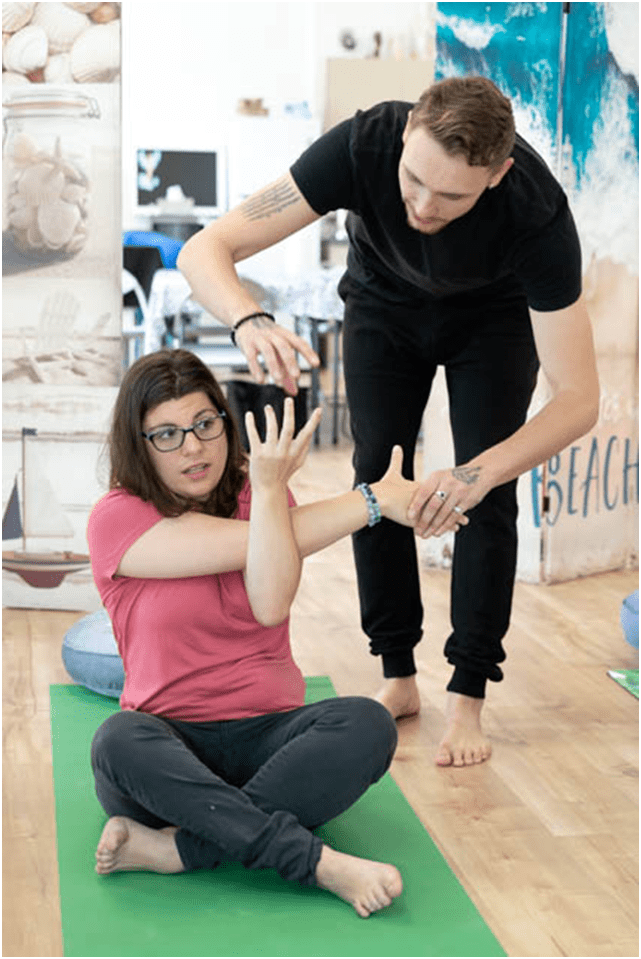
The NDIS supports group activities for multiple clients, e.g., Yoga or group education sessions. When you register with NDIS Australia, you need to first create a support plan. This means a group support plan must be designed to record client session attendance. Once an NDIS support plan has been made, the service bookings of that support plan must be added. You must record a support plan service booking and budget for each service provided under the NDIS.
Click here to create a support plan with NDIS for group yoga classes.
What are the advantages of being registered with NDIS?
Registering with NDIS means you can become an NDIS provider.
NDIS providers offer support and services that help participants pursue their goals. Providers can be registered with the NDIS Quality and Safeguards Commission (NDIS Commission) or unregistered.
Providers choose which ‘registration group(s)’ to apply for when registering. A registration group is linked to the types of services you may offer.
Registered providers can demonstrate that they have met the specific quality and safeguards requirements when marketing to potential participants.
You can definitely provide NDIS services without being registered. If you want to register as a provider in NDIS Australia, you need to mention on your yoga website or profile that you are an “NDIS Provider.”
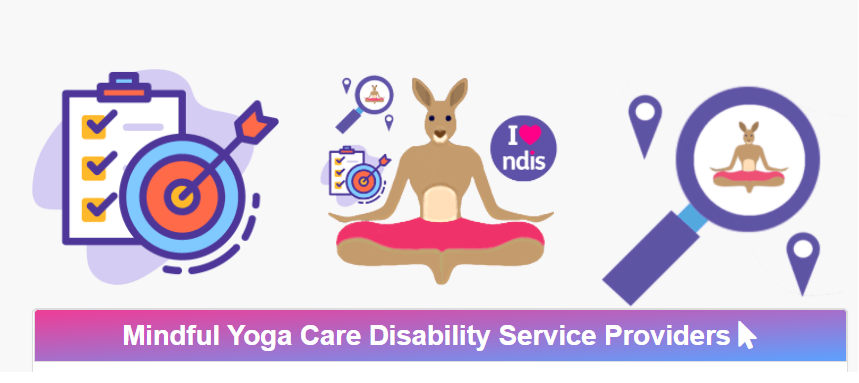
Advantages of being registered with NDIS
The advantages of being a registered provider with NDIS as given on their website, include:
- connecting and delivering support to a wide range of participants, including those with NDIA-managed funding
- being part of a vibrant, innovative and competitive marketplace
- marketing your services as a registered provider
- extending your online presence through the NDIS Provider Finder tool in the myplace provider portal
- accessing online business systems through the myplace provider portal, including tools to manage your service bookings and fast payment processing
- accessing updates and information from the NDIS about business systems and process changes, including tools and resources that you can use to train your staff
- access to supplementary training modules offered by the NDIS Commission.
If you become a provider and register with NDIS, the Provider Finder tool, available in the myplace provider and participant portals, allows both providers and participants to search for providers by name, location, and service or professional group.
Provider locations are displayed on a map (unless the provider has opted to have their address suppressed). The map also has a zoom-in and zoom-out function to help participants easily see provider locations.
Some providers deliver support from different locations, and the Provider Finder can display this information using the ‘Outlet detail’ function.
This way, you also get to market your yoga service. Registered providers can use the ‘I Heart NDIS’ and ‘I Support NDIS’ logos and the ‘Registered NDIS Provider’ tagline on their yoga websites and advertisements.
What do you need to teach yoga to a student with a disability?
- You need to learn how to teach yoga to a person with physical and mental disability.
- Must be registered as a yoga teacher in Australia and have an ABN
- May need an online booking system to manage your invoice, book online classes on your class timetable and get paid instantly.
- Also you may register for GST when you earn over $75k
Here is great read about how yoga helps people with special needs.
How can clients use yoga through NDIS?
Yes, in Australia, Yogability provides progressive disability services to NDIS participants. Disability supports are delivered online and in-home or community settings, designed to make participants happier, healthier, and more self-reliant members of society. Yogability Australia carers deliver Mindful Yoga Care disability supports to NDIS participants, services including yoga, meditation, and personal development.
The student needs to sign up for Mindful Yoga Care disability support to gain access to a qualified yoga teacher support worker. Their main disability service, MYCare, includes yoga, meditation, stress management strategies, community participation, and healthy lifestyle skills education development and is suitable for all types of physical and intellectual disabilities.
What are the NDIS price limits?
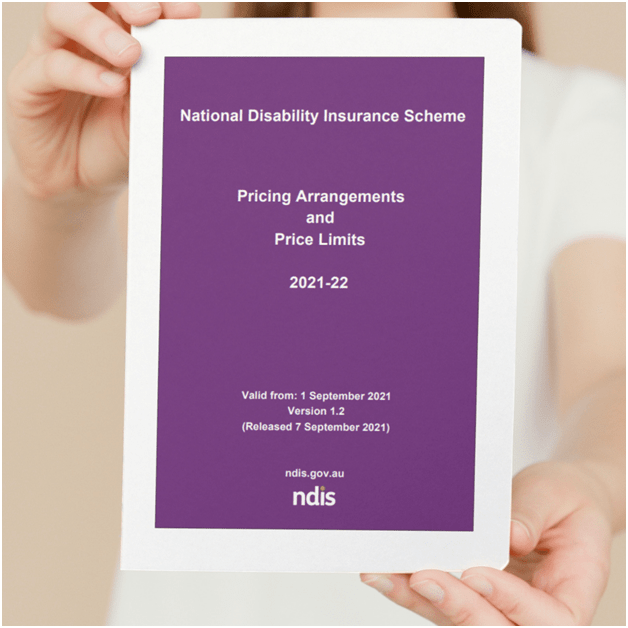
According to the NDIS, price limits assist participants and disability support providers in understanding how price controls for support and services work in the NDIS. Price regulation is in place to ensure that participants receive value for money in the support they receive.
Price limits are the maximum prices registered providers can charge NDIS participants for specific supports. Participants and providers can negotiate lower prices.
NDIS pricing arrangements and price limits must be followed when supports are delivered to NDIA-managed or plan-managed participants.
The Support Catalogue lists all available support items providers can use when lodging a payment request. It also provides information on each support item’s current (and previous) price limits and indicates which claim types (travel, non-face-to-face, etc.) apply for each price-limited support item. Registered providers use the Myplace provider portal to process payments with the NDIA.
Should I then register with NDIS?
It’s your individual choice whether to register with NDIS or not. Even if you are not registered with NDIS, you can still teach yoga to a disabled person or student and charge for it according to the therapy or support you are providing to that person.
All you need to teach yoga is your license, a registered yoga business, and training to teach people with disabilities.
